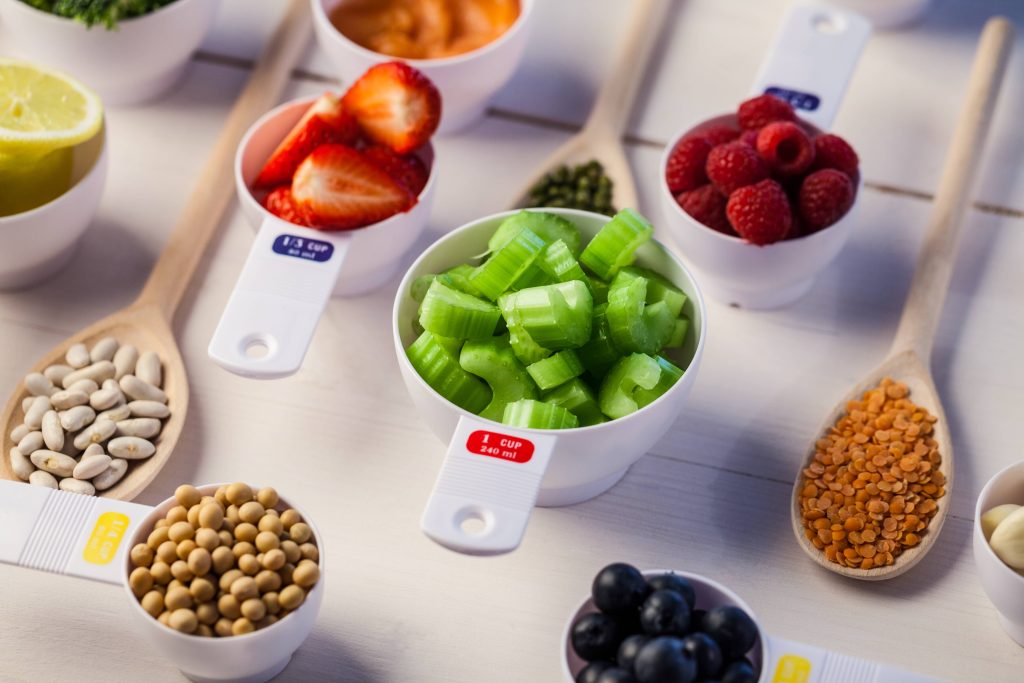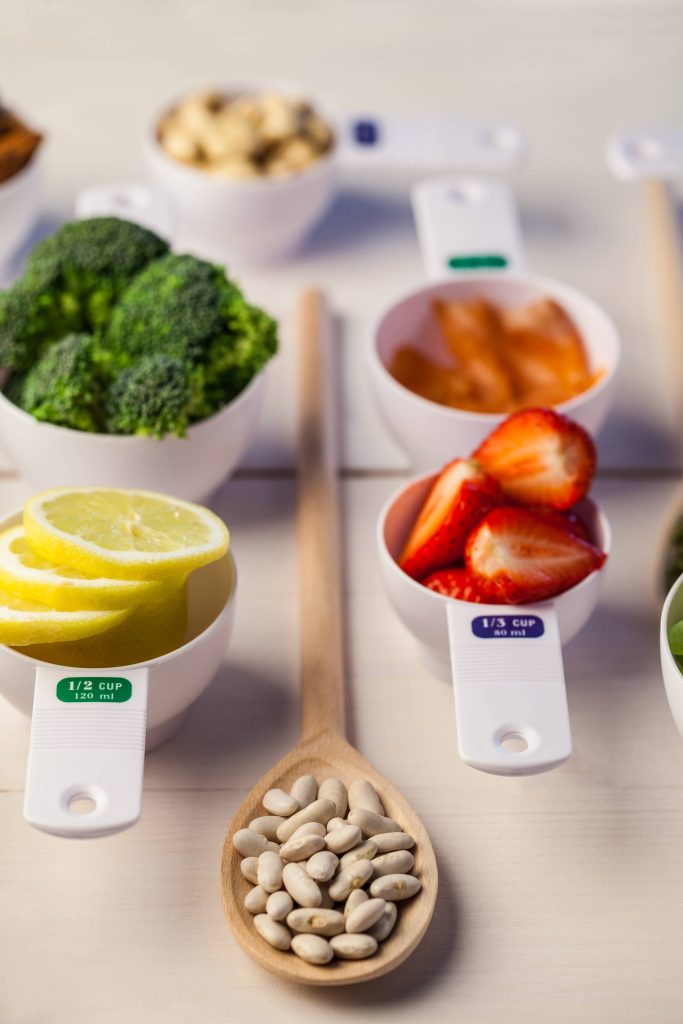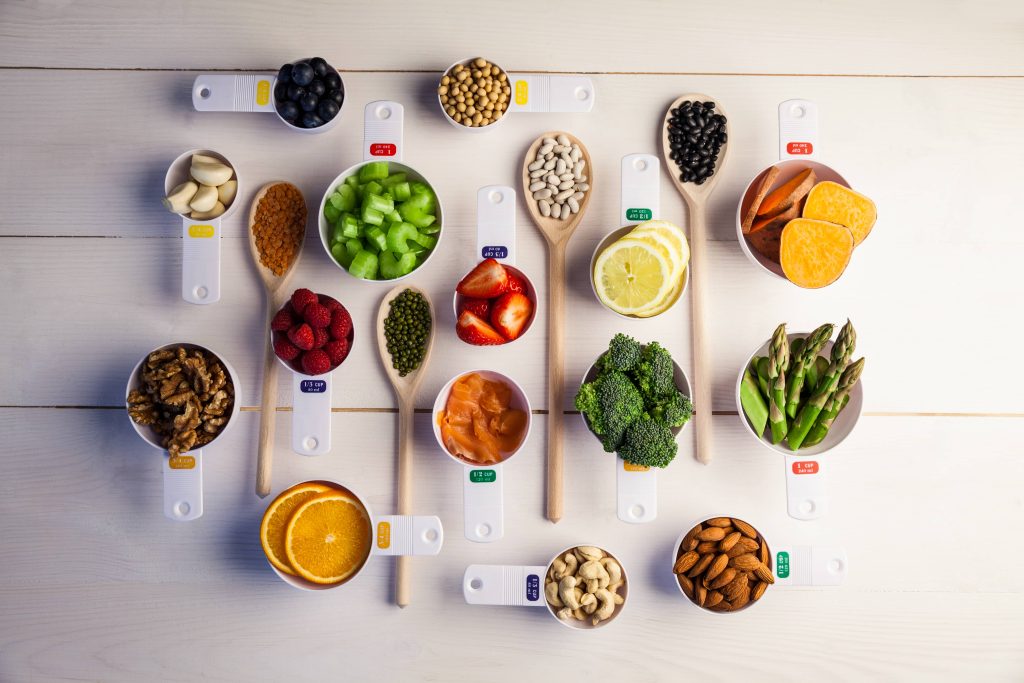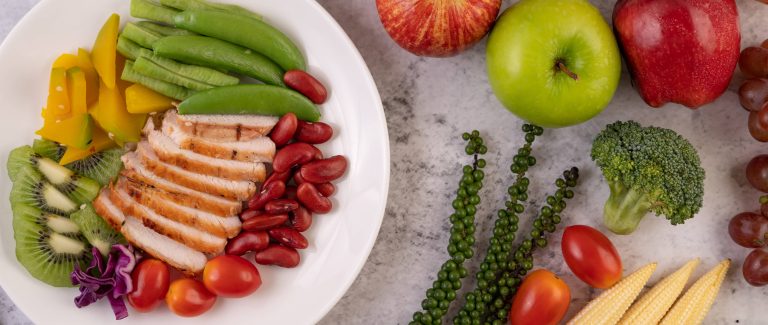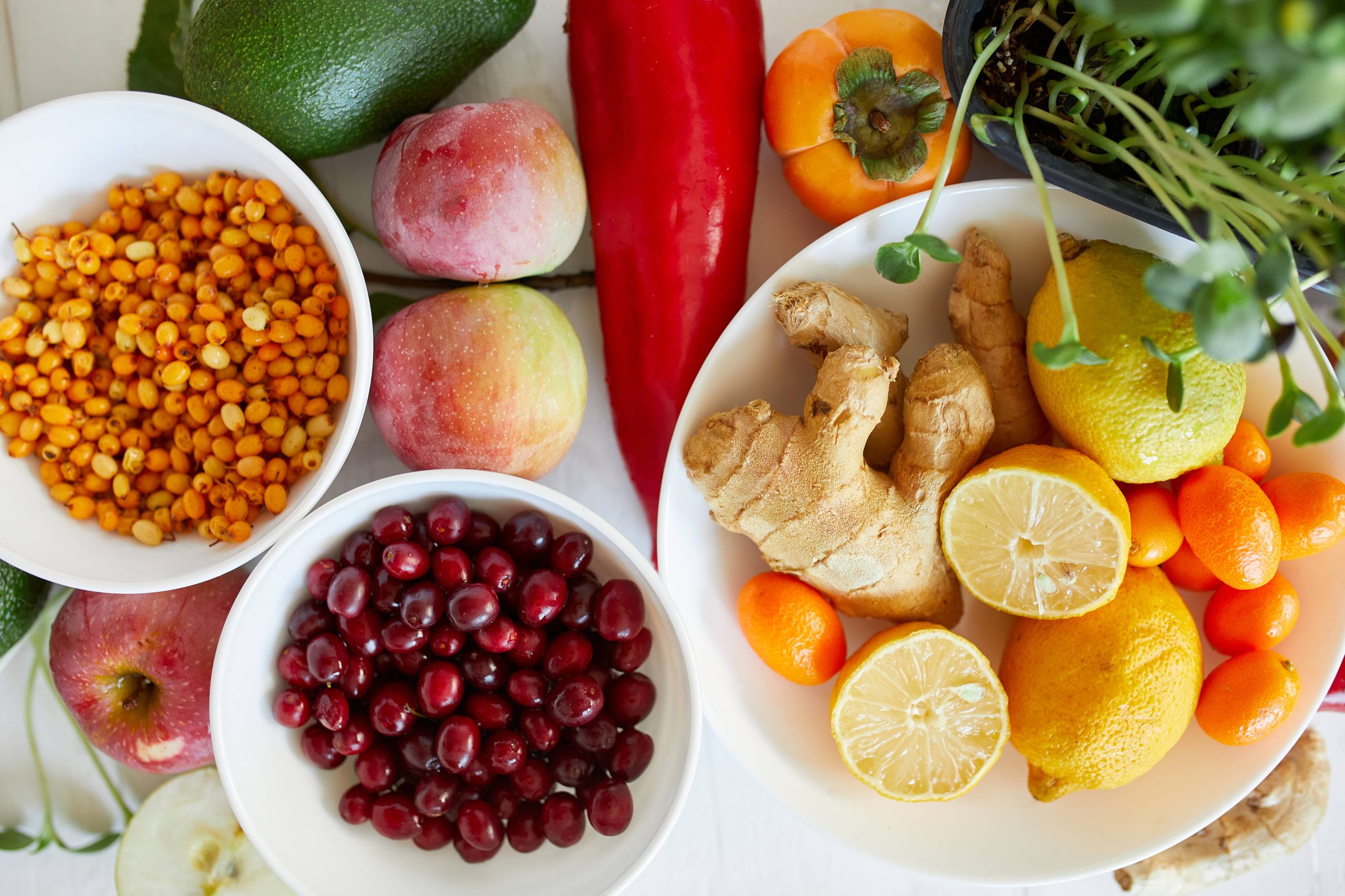
As we age, our bodies undergo various changes that affect our nutritional needs and how we process different foods. For seniors, maintaining a healthy diet is crucial not only for longevity but also for enhancing the quality of life, boosting vitality, and preventing the progression of chronic diseases. Understanding this, it’s important to explore diets that cater specifically to the needs of the elderly population. Here, we discuss some of the most effective diets for seniors, focusing on maintaining health, supporting mental acuity, and sustaining energy levels.
Why Diet Matters More Than Ever
Before diving into specific diets, it’s critical to understand why nutrition becomes increasingly important with age. As people age, their metabolism naturally slows down, body composition changes (with a reduction in muscle mass), and the risk for chronic conditions such as heart disease, diabetes, and osteoporosis increases. Moreover, the absorption of crucial nutrients like calcium, vitamin D, and vitamin B12 often decreases with age, necessitating dietary adjustments.
A well-balanced diet plays a significant role in maintaining bone health, preserving muscle mass, reducing inflammation, and supporting cognitive function—all key factors in maintaining vitality in the golden years. Therefore, seniors need diets that are not only nutrient-rich but also adaptable to individual health conditions and lifestyle needs.
The Mediterranean Diet
The Mediterranean diet is considered one of the healthiest dietary patterns, benefiting people of all ages but particularly seniors. It emphasizes whole foods, including vegetables, fruits, whole grains, lean proteins (notably fish), and healthy fats like olive oil and nuts. It’s rich in antioxidants, fiber, and essential nutrients, promoting heart health and reducing inflammation.
Key Benefits for Seniors:
– Heart Health: The diet is high in monounsaturated fats and omega-3 fatty acids, which help lower bad cholesterol levels and protect against heart disease—a common concern for older adults.
– Cognitive Function: Regular consumption of omega-3-rich foods, along with fruits and vegetables, has been associated with a reduced risk of cognitive decline and dementia.
– Bone and Joint Health: High levels of bone-friendly nutrients such as calcium and vitamin D (from fish and dairy) contribute positively to bone density, reducing the risk of fractures.
The DASH Diet
Originally designed to combat hypertension, the DASH (Dietary Approaches to Stop Hypertension) diet is another effective option for seniors. It emphasizes whole grains, fruits, vegetables, lean proteins, and low-fat dairy while limiting salt, red meats, and sweets.
Key Benefits for Seniors:
– Blood Pressure: The primary aim of the DASH diet is to lower blood pressure, a significant concern for seniors, thus reducing the risk of stroke and heart disease.
– Kidney Health: Lower sodium intake can also support kidney function, crucial for aging adults who might be susceptible to kidney-related issues.
– Weight Management: The emphasis on high-fiber foods and lean proteins helps in maintaining a healthy weight, which is important as metabolism slows down with age.
Plant-Based Diet
A plant-based diet, which focuses on foods coming from plants, is gaining popularity for its health benefits. While it doesn’t require complete exclusion of animal products, it encourages minimizing them.
Key Benefits for Seniors:
– Inflammation Reduction: A plant-based diet is naturally high in antioxidants and phytochemicals, which combat inflammation—a common issue linked with various age-related diseases.
– Digestive Health: High fiber content from fruits, vegetables, and whole grains supports digestive health, reducing issues like constipation that are prevalent in seniors.
– Chronic Disease Prevention: By emphasizing nutrient-dense foods, this diet helps in the prevention of chronic diseases such as diabetes and certain cancers.
Adaptations and Considerations
When selecting a diet, seniors should take into account individual health conditions, medications, and lifestyle needs. Here are some tips for tailoring these diets:
Monitor Nutrient Intake
– Calcium and Vitamin D: Seniors need to pay extra attention to these nutrients to maintain bone health. Include dairy sources, fortified foods, or supplements if necessary.
– Vitamin B12: The ability to absorb B12 decreases with age. Seniors might need fortified foods or supplements.
– Protein: Adequate protein intake is necessary to prevent muscle loss. Include a variety of sources like fish, poultry, beans, and nuts.
Stay Hydrated
Dehydration is a common issue among seniors due to a reduced sense of thirst and changes in kidney function. Encourage adequate fluid intake, including water, herbal teas, and soups.
Manage Portion Sizes
With a slower metabolism, seniors often require fewer calories. Emphasizing portion control helps prevent unnecessary weight gain while ensuring proper nutrition.
Consider Personal Preferences and Lifestyle
Respect personal tastes, cultural dietary practices, and lifestyle choices when adopting a new diet to ensure the plan is sustainable and enjoyable.
Conclusion
Choosing the right diet can profoundly impact the health and vitality of seniors, helping them to enjoy their golden years to the fullest. By focusing on whole, nutrient-dense foods and tailoring dietary choices to individual health needs, seniors can harness the power of nutrition to sustain their health, energy, and quality of life. In navigating these dietary options, consulting with healthcare professionals can provide additional guidance tailored to each individual’s unique health profile. Remember, the goal is not just to live longer, but to live better.

